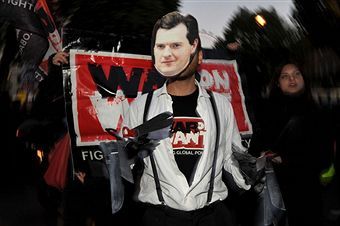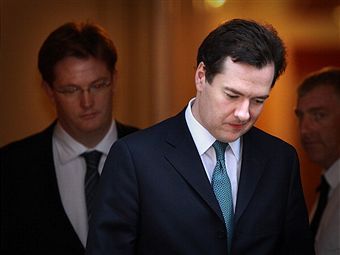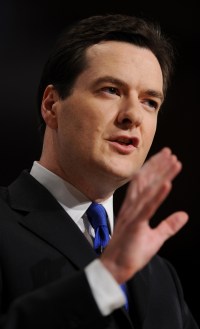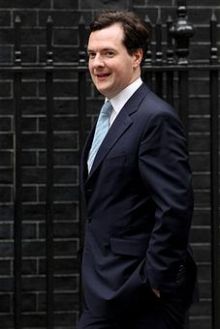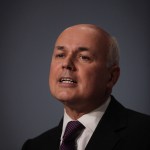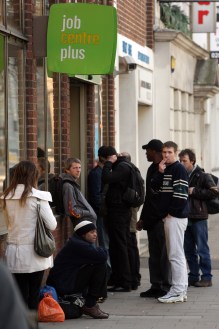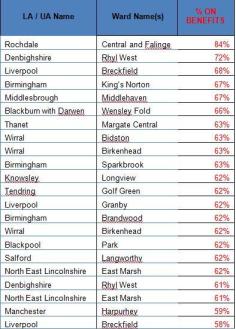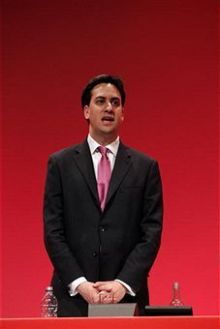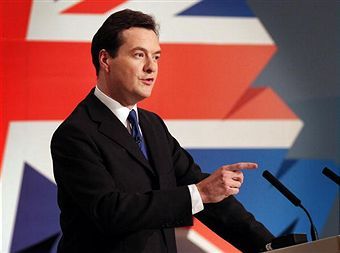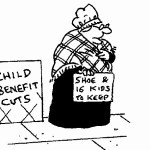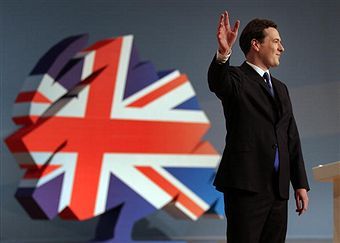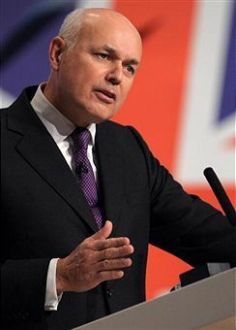The ‘progressive’ debate re-opens
Busy times indeed for the numbercrunchers and policy wonks. I’m at what is, in effect, the Institute for Fiscal Studies’ third post-Budget briefing of the year: one for Darling’s final Budget, one for the Emergency Budget and one, now, for the Spending Review. We’re half-way through, but we’ve already been served a hefty chunk of meat: the IFS’s analysis of what yesterday’s Spending Review meant for public spending and for welfare. So far, there are mixed tidings for the coalition. The IFS’s acting director Carl Emmerson – who is filling in now that Robert Chote has departed for the OBR – set the tone with his opening remarks. “By 2015,”
